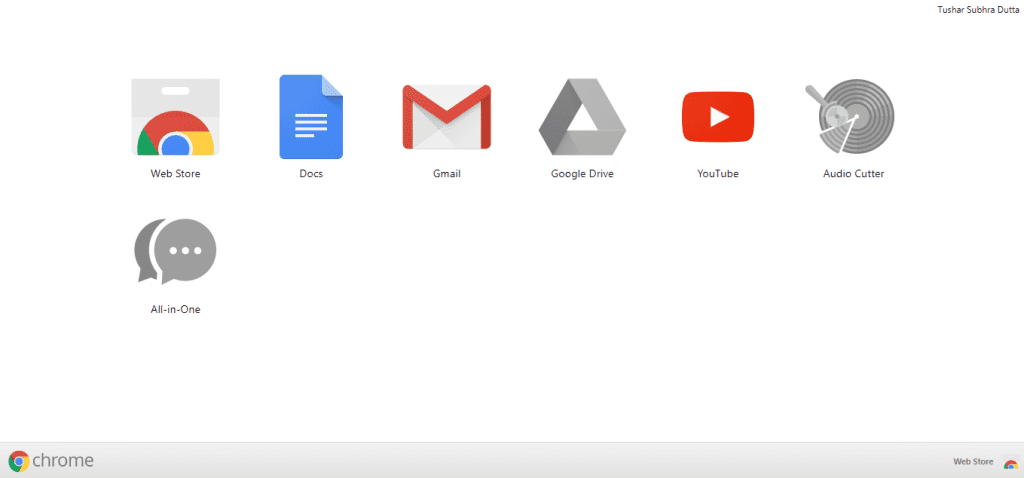Google Chrome will run out of apps in the short term
The applications for Chrome, the tech giant Google’s flagship web browser, were a solution designed by the developer to offer users an experience similar to that of a native app, but from all possible platforms that the browser can offer. Thus, anyone could download from the Chrome Web Store several tools that were then located in a specific section of the browser where there will be an application launcher will be created simply to access them easily.
The proposal also consisted of several of these applications could have the option of working offline, but then it was found that the vast majority did not meet these requirements, but can create simple direct access to the websites of all of them. Consequently, there was very little penetration by users. Personally, there have been very few applications that I considered totally “native” and that offered me a pleasant experience, beyond the shortcuts. Even now, the tech giant Google itself recognizes that only 1% of Windows, Mac and Linux users actively use Chrome applications. That’s why the tech giant Google will now stop offering and will be relegated as functions of Chrome OS.
The tech giant Google’s proposal: turn to PWAs
As we said, the browser applications of Mountain View, of course, the tech giant Google’s Chrome browser will no longer be compatible and will no longer be offered in the store created for that purpose. However, the extensions used by the browser will continue to be maintained for users. Furthermore, existing applications will remain accessible on all platforms, even with updates. But, by early 2019, users of these platforms will no longer be able to load Chrome apps. In return, the tech giant Google wants developers to offer solutions under other types of applications, PWAs. What is PWA? The Progressive Web Applications (for short) are a new generation of applications that increase its functionality, as device capabilities in running. For this, they use concepts such as responsive web design (adapted to all types of platforms, both web and mobile), execute services in the background and use the App Shell model to separate the application between functionality and content and upload them separately. These new applications are able to offer a better user experience both on the web and on mobile devices, so they would be highly functional to the interests of the developer. It will be time for developers to use this concept of development and begin to see them replicated in the browser. So, what do you think about this initiative which is taken by the tech giant Google for its most used and popular web browser, Chrome? Simply share all your views and thoughts in the comment section below.
